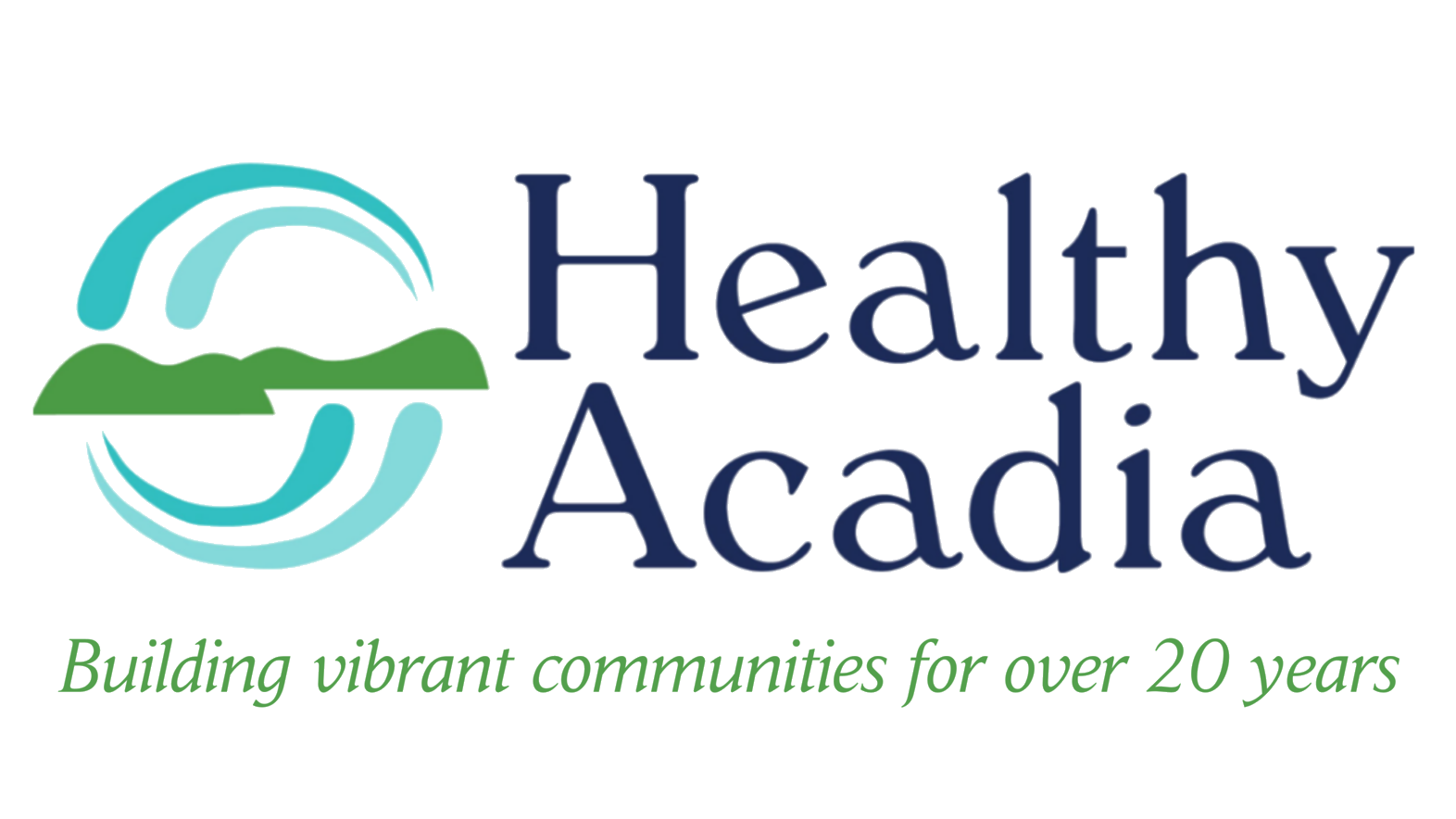Dispelling Misconceptions About Underage Drinking Among Teens
Contributed by Mia Petrini, Community Health Coordinator
As parents, teachers, and caregivers, we often worry about the influences that shape our teenagers' lives, especially when it comes to risky behaviors like underage drinking. However, recent survey data from the Maine Integrated Youth Health Survey (MIYHS, 2023) sheds light on a reassuring statistic: only 21.7% - approximately 1 in 5 high school students in the Downeast District (Washington and Hancock counties) reported consuming alcohol within the past 30 days.
This data offers a valuable opportunity for parents, caregivers, teachers, and mentors to dispel misconceptions about the prevalence of underage drinking among teens in our communities. It's crucial to recognize that the majority of young people are not involved in underage drinking, which may be contrary to popular belief.
As parents and caregivers, we must be proactive in supporting our youth in making healthy choices, understanding and avoiding the risks associated with alcohol consumption, and communicating that the majority of young people in our community do not drink alcohol.
Delaying the initiation of alcohol consumption is vital. The research underscores the link between early alcohol use and the development of alcohol use disorders later in life. Adults who began drinking before age 15 are 3.5 times more likely to report alcohol use disorder compared to those who started drinking at age 21 or later.
Underage drinking also poses a myriad of health risks beyond addiction, including motor vehicle accidents, injuries from falls, burns, drowning, risky sexual behavior, and alcohol poisoning. Alcohol use during adolescence can impede brain development, which continues into the mid to late twenties.
Parents and caregivers influence their teens' decisions and can play a significant role in preventing underage drinking by communicating clear disapproval of underage drinking and demonstrating care for their well-being:
Provide accurate information about alcohol and drugs, pay attention to their activities, and support them in building their skills to avoid risky behaviors.
Lead by example. Exhibit responsible behavior if you choose to drink. Supervise social gatherings, and ensure that alcohol isn't accessible to minors at home.
Communicate with other parents about the importance of preventing underage drinking, and encourage alternative activities for teens.
For more information, resources, and tips for parents, visit the National Institute on Alcohol Abuse and Alcoholism's website and access the Substance Abuse and Mental Health Services Administration's brochure for parents. These resources offer valuable insights and strategies for preventing underage drinking and supporting teenagers in making positive decisions regarding alcohol and substance use. Together, we can make a difference in the lives of our youth.
